Business
Business books cover entrepreneurship, management, strategy, and innovation to guide professionals and aspiring leaders.
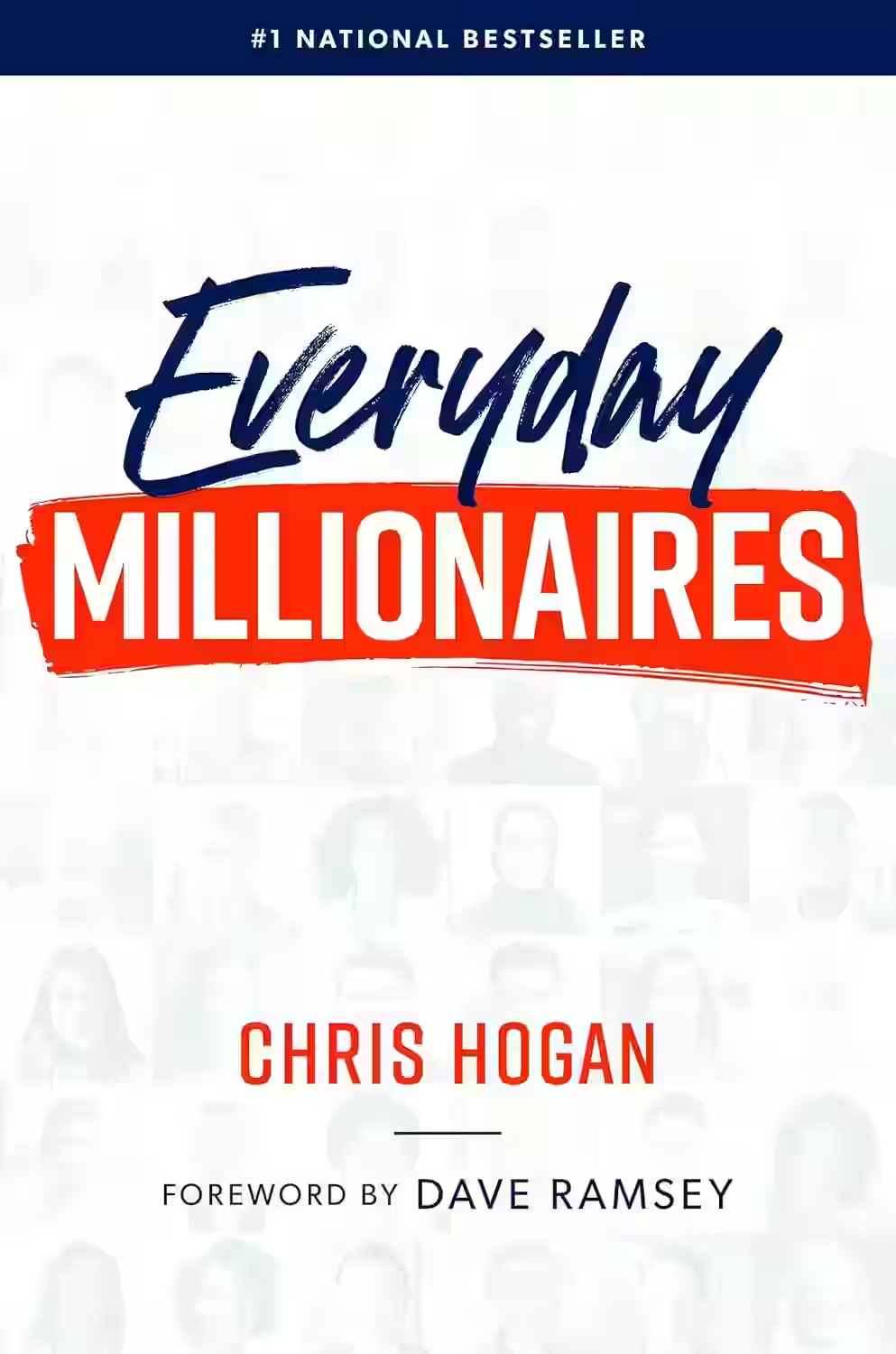
Everyday Millionaires: How Ordinary People Built Extraordinary Wealth―and How You Can Too
by Chris Hogan
In 'Everyday Millionaires,' Chris Hogan explores the financial habits and journeys of regular individuals who managed to achieve extraordinary wealth. By debunking common myths about millionaires and highlighting practical strategies for building wealth, this book serves as a motivational guide for anyone looking to enhance their financial well-being. Through compelling stories and data-driven insights, Hogan emphasizes the importance of diligence, frugality, and smart investing in accumulating wealth over time. Readers will find actionable advice on budgeting, saving, and investing, making this book a valuable resource for those seeking financial independence and stability.

Poor Charlies Almack
A compilation of speeches, wisdom, and life philosophy from billionaire investor Charlie Munger, Poor Charlie’s Almanack offers insights into decision-making, mental models, and value investing. Munger, Warren Buffett’s longtime partner at Berkshire Hathaway, emphasizes multidisciplinary thinking, rationality, and lifelong learning. Packed with anecdotes, humor, and practical advice, the book blends financial acumen with timeless life lessons. Ideal for entrepreneurs, investors, and anyone seeking intellectual enrichment, it’s both a business manual and a guide to clear thinking and ethical living.
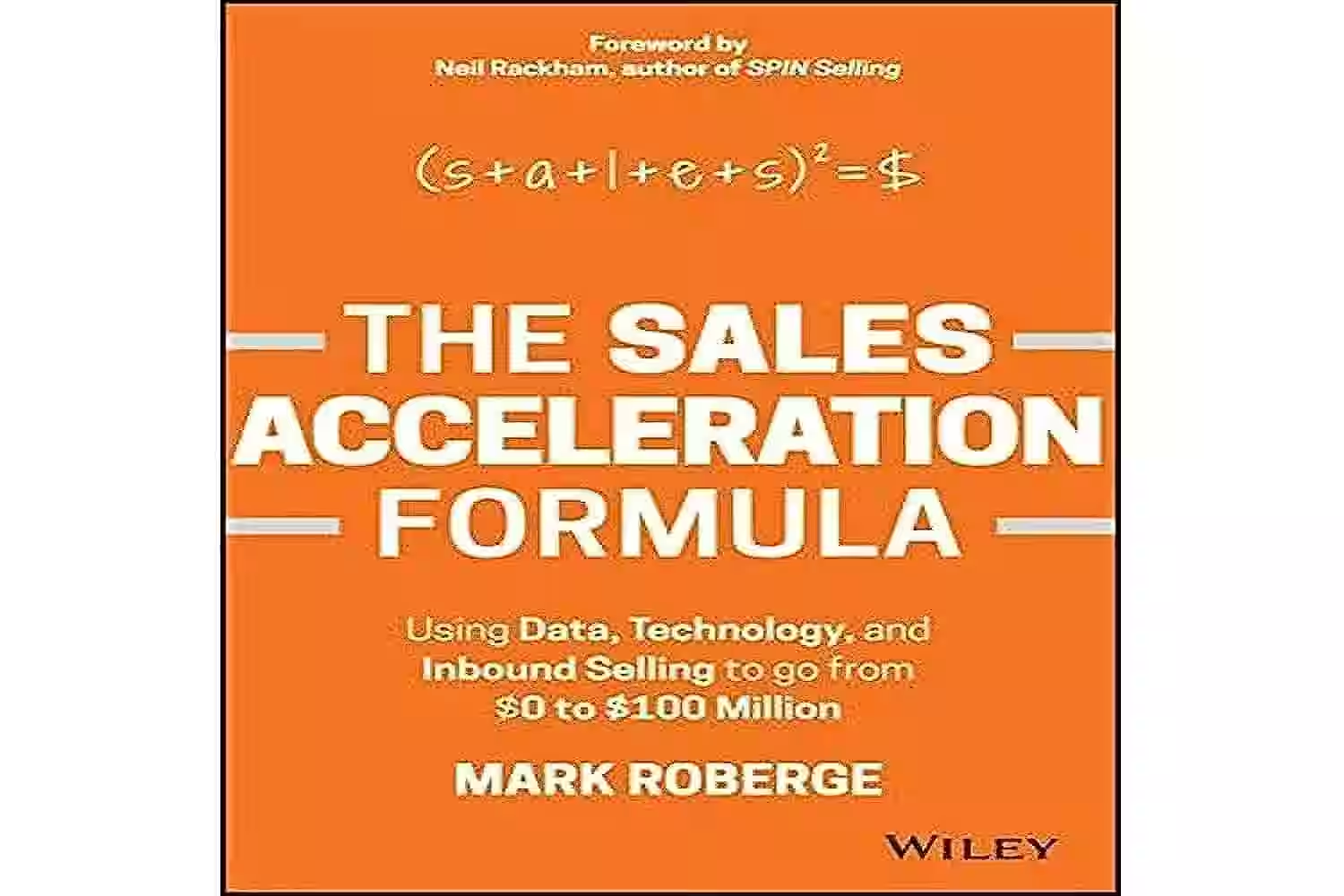
The Sales Acceleration Formula
by Mark Roberge
In 'The Sales Acceleration Formula' by Mark Roberge, readers are taken on a transformative journey through the world of sales strategies and entrepreneurship. Roberge, a former CRO of HubSpot, provides invaluable insights into how data-driven methodologies can revolutionize sales processes. Through real-life examples and actionable advice, he presents a compelling framework for implementing scalable and successful sales practices. From hiring the right talent to leveraging technology effectively, this book covers a wide array of topics essential for sales growth. Roberge's refreshing approach challenges traditional sales tactics and champions a more scientific, analytical approach to driving revenue. 'The Sales Acceleration Formula' is a must-read for anyone looking to revamp their sales tactics and achieve sustainable growth.

Lean In: Women, Work, and the Will to Lead
In Lean In, Facebook COO Sheryl Sandberg examines the barriers women face in leadership and encourages women to pursue their ambitions with confidence. Drawing on research and personal anecdotes, she challenges cultural norms around gender, motherhood, and workplace dynamics. Sandberg advocates for greater equality at home and work, urging women to “lean in” to opportunities and negotiate with assertiveness. The book sparked widespread discussion about feminism, work-life balance, and corporate inclusivity. It remains a cornerstone in conversations about women’s empowerment, providing actionable advice and motivation for both individuals and institutions.

The Elements of Style
by William Strunk Jr., E.B. White
First published in 1918 and revised by E.B. White in 1959, The Elements of Style is a timeless guide to clear and effective writing. With concise rules on grammar, usage, and composition, it emphasizes clarity, brevity, and simplicity. Writers are encouraged to “omit needless words” and favor the active voice. Though compact, the book has had a lasting impact on generations of writers, from students to professionals. Its witty tone and practical advice make it a beloved reference. Whether you're writing essays, articles, or novels, The Elements of Style is an essential manual for mastering the craft of writing.
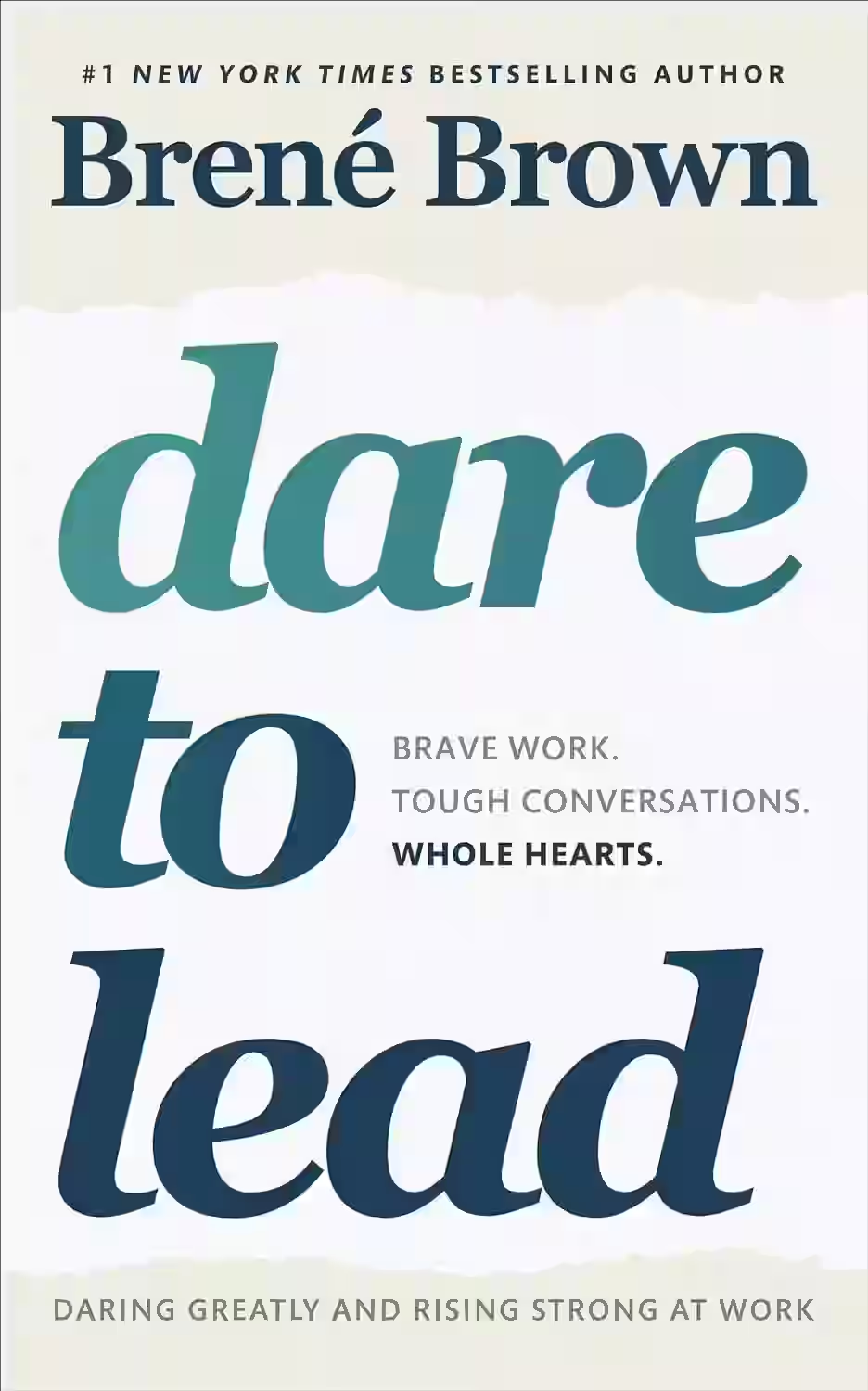
Dare To Lead
by Brene Brown
In Dare to Lead, Brené Brown draws on two decades of research to explore what it means to lead with courage in the workplace. She argues that vulnerability is not a weakness but a strength essential for innovation, trust, and resilience. Brown outlines practical strategies for building brave cultures, giving and receiving feedback, and leading with empathy and integrity. With a focus on emotional intelligence and authenticity, the book is a guide for anyone seeking to cultivate leadership rooted in values and human connection.
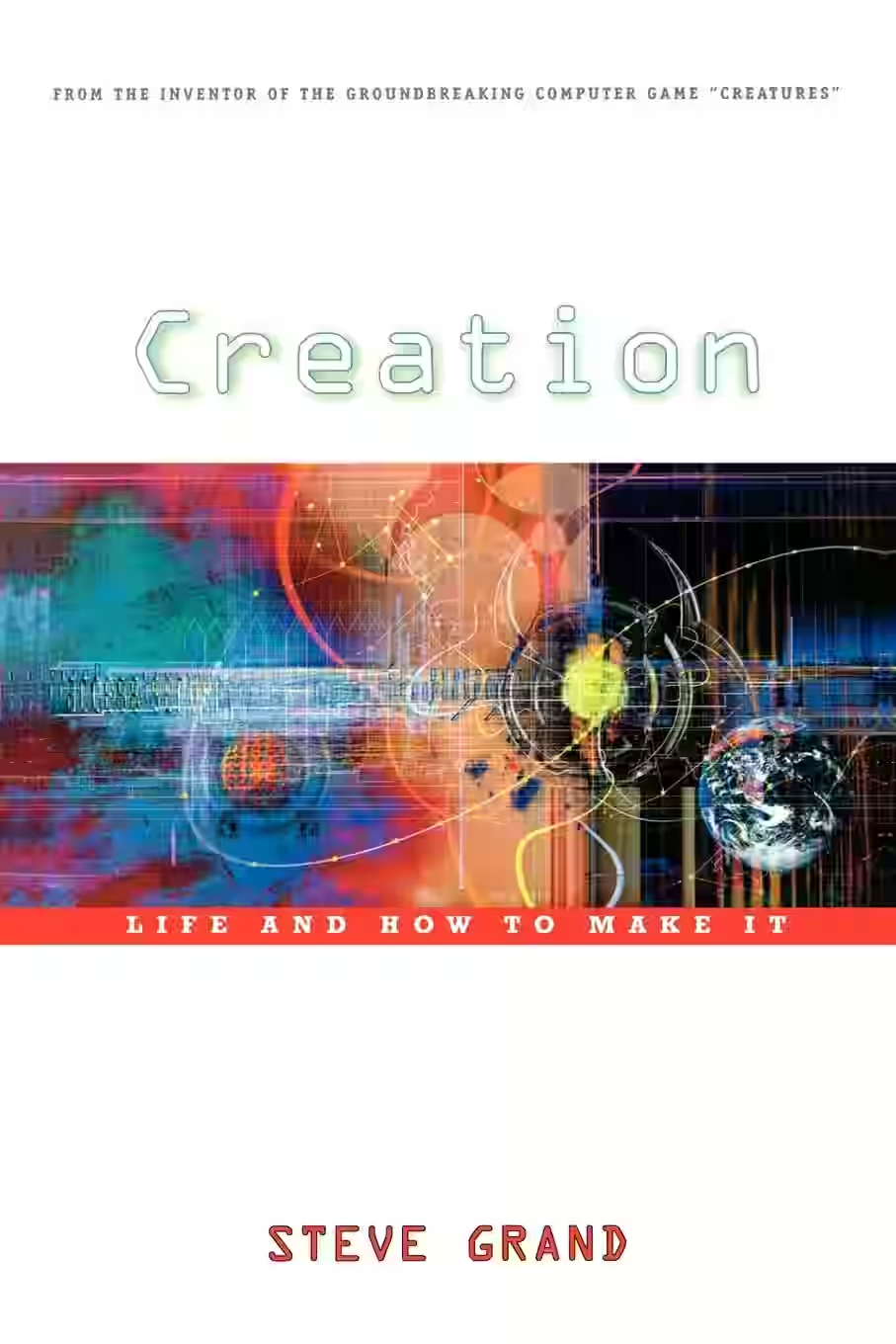
Creation: Life and How to Make It
In Creation, Steve Grand—creator of the artificial life game Creatures—explores the nature of life, intelligence, and consciousness from the perspective of an artificial life researcher. Blending computer science, biology, and philosophy, Grand argues that life can be understood and even recreated through complex, self-organizing systems. He challenges traditional views of the mind and body, suggesting that understanding emergence and connection is key to replicating living processes. With imagination and technical insight, Creation is a provocative meditation on what it means to be alive—and whether machines can one day truly think, feel, and evolve like biological organisms.
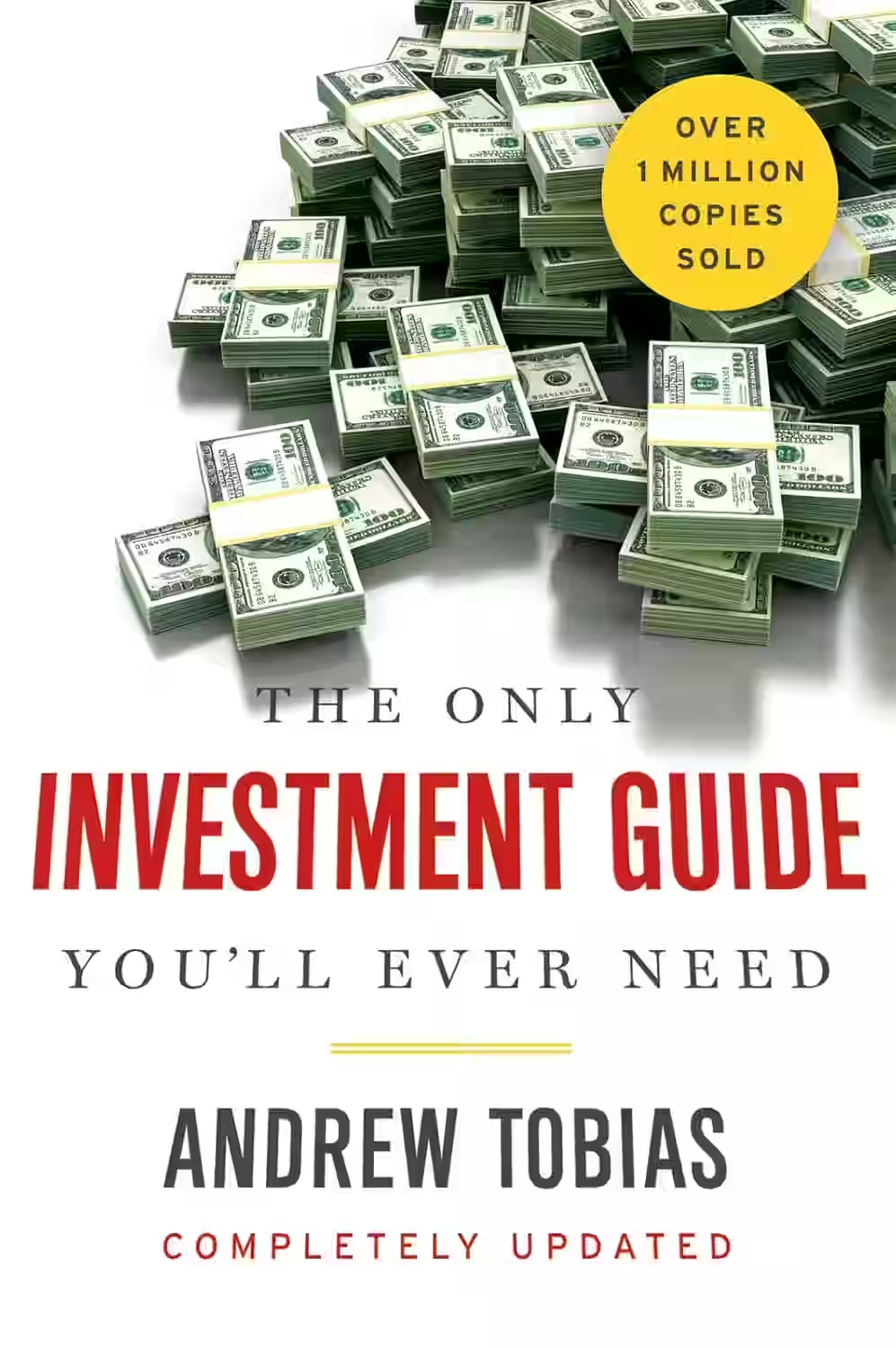
The Only Investment Guide You'll Ever Need
In 'The Only Investment Guide You'll Ever Need' by Andrew Tobias, readers are taken on a comprehensive journey into the world of personal finance. Tobias breaks down complex investment strategies into accessible and practical advice, empowering readers to take control of their financial future. With a witty and engaging writing style, he covers everything from stocks and bonds to real estate and retirement planning. The book not only provides valuable insights on how to make smart investment decisions but also emphasizes the importance of financial literacy and long-term planning. Whether you're a seasoned investor or just starting out, this book is a must-read for anyone looking to build wealth and secure their financial well-being.
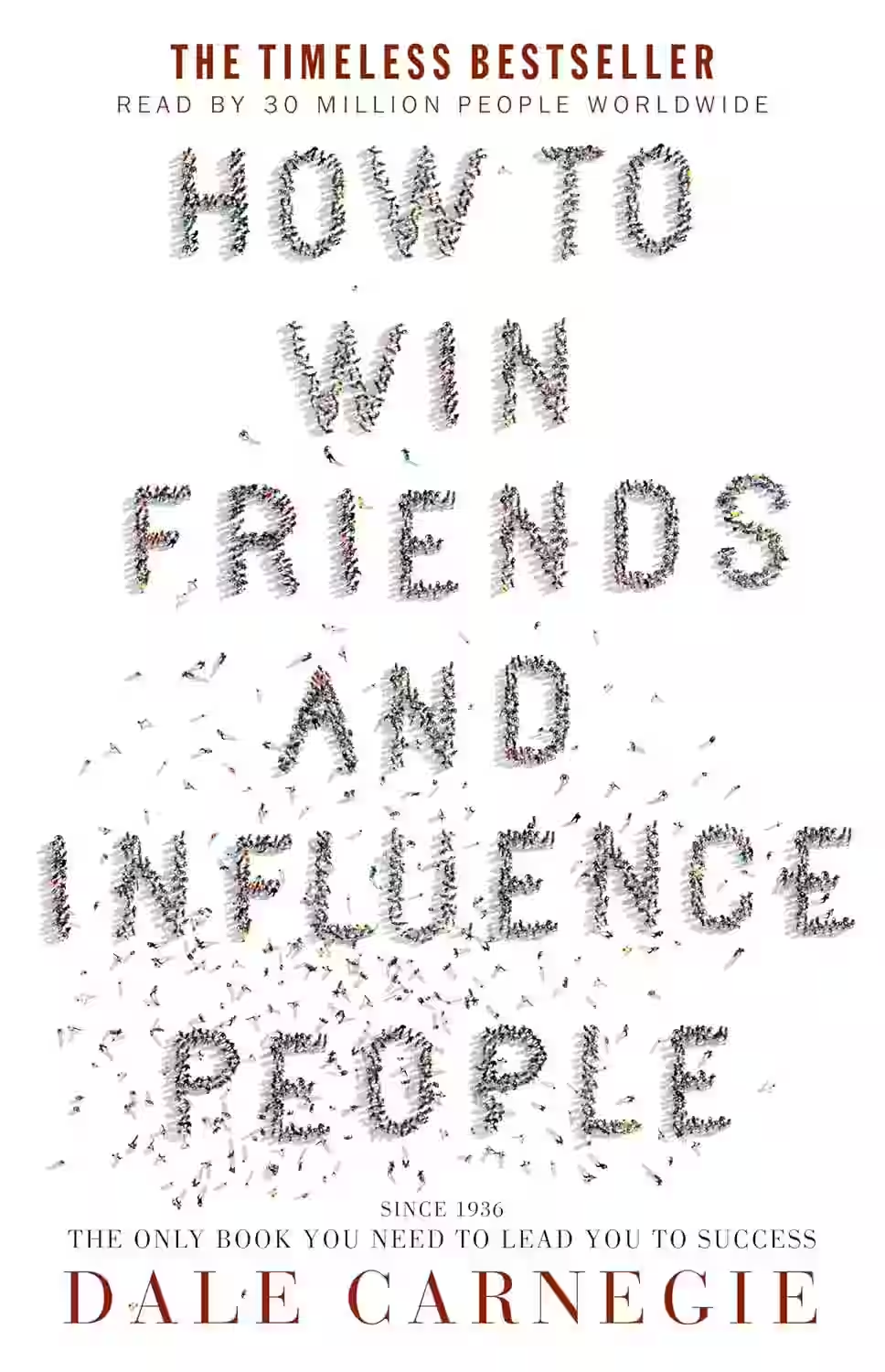
How to Win Friends and Influence People
About the Author Dale Carnegie (November 24, 1888 -- November 1, 1955) was a celebrated American author and self-improvement guru. Born in poverty on a farm in Missouri, he built himself a successful career as a traveling salesman before moving on to teach public speaking at a New York YMCA in 1912. His course was a hit, and within two years he had moved out of the YMCA and founded the Dale Carnegie Institute to accommodate the huge demand for his classes. His 1936 book HOW TO WIN FRIENDS AND INFLUENCE PEOPLE was a global bestseller, selling almost 5 million copies during his lifetime and becoming a staple of business curriculums around the world.
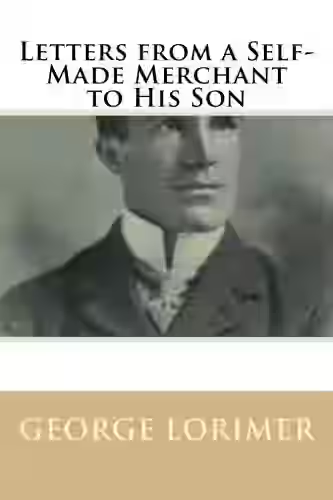
Letters from a Self-Made Merchant to His Son
First published in 1901, this epistolary book presents fictional letters from a successful Chicago pork packer to his college-aged son. Blending wit, business acumen, and life wisdom, the father offers advice on work ethic, integrity, personal character, and money management. Written in a candid and humorous tone, the book delivers old-fashioned common sense that remains surprisingly relevant. It's a manual not just for business, but for becoming a responsible and grounded adult. The blend of fatherly guidance and entrepreneurial insight has made it a classic on both parenting and leadership.

Expert Secrets
In 'Expert Secrets', Russell Brunson delves into the world of creating a mass movement of people who will pay for your advice. He provides insightful strategies on how to position yourself as an expert in your field and build a loyal following. With real-life examples and actionable steps, Brunson guides readers on identifying their expertise, crafting their message, and effectively communicating it to attract a dedicated audience. Whether you're an entrepreneur, marketer, or expert seeking to enhance your influence, this book offers valuable insights to help you succeed in the digital age.
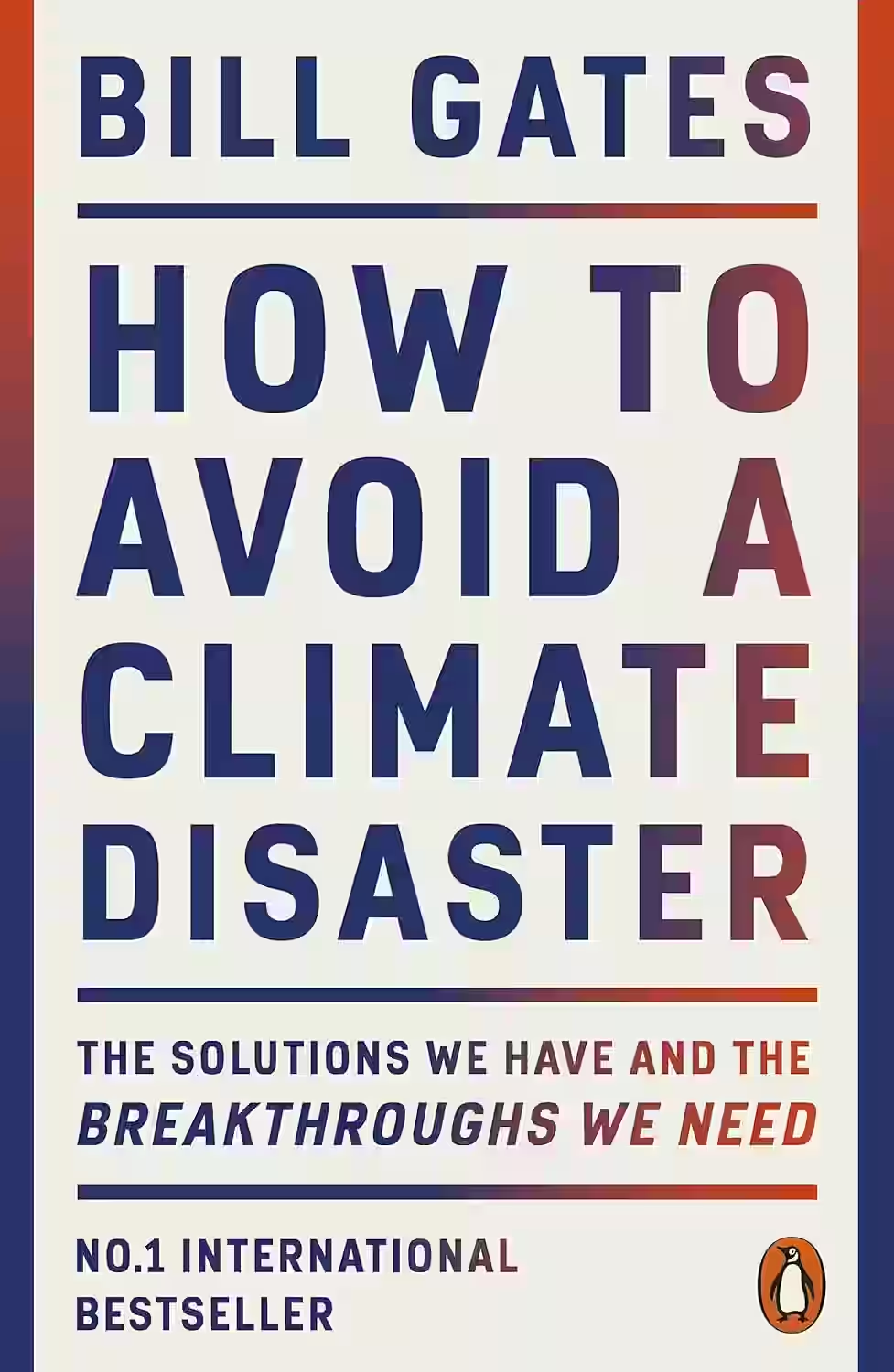
How to Avoid a Climate Disaster
by Bill Gates
In this pragmatic and solutions-focused book, Bill Gates outlines a comprehensive plan to achieve net-zero greenhouse gas emissions and avoid the worst effects of climate change. Drawing from expert insights and his own investments in green technology, Gates explores how innovation in energy, manufacturing, transportation, and agriculture can help us decarbonize. He emphasizes the importance of global cooperation, public policy, and economic incentives to drive progress. Accessible and action-oriented, How to Avoid a Climate Disaster aims to inform readers and policymakers alike, offering optimism grounded in science and a roadmap for navigating one of humanity’s greatest challenges.
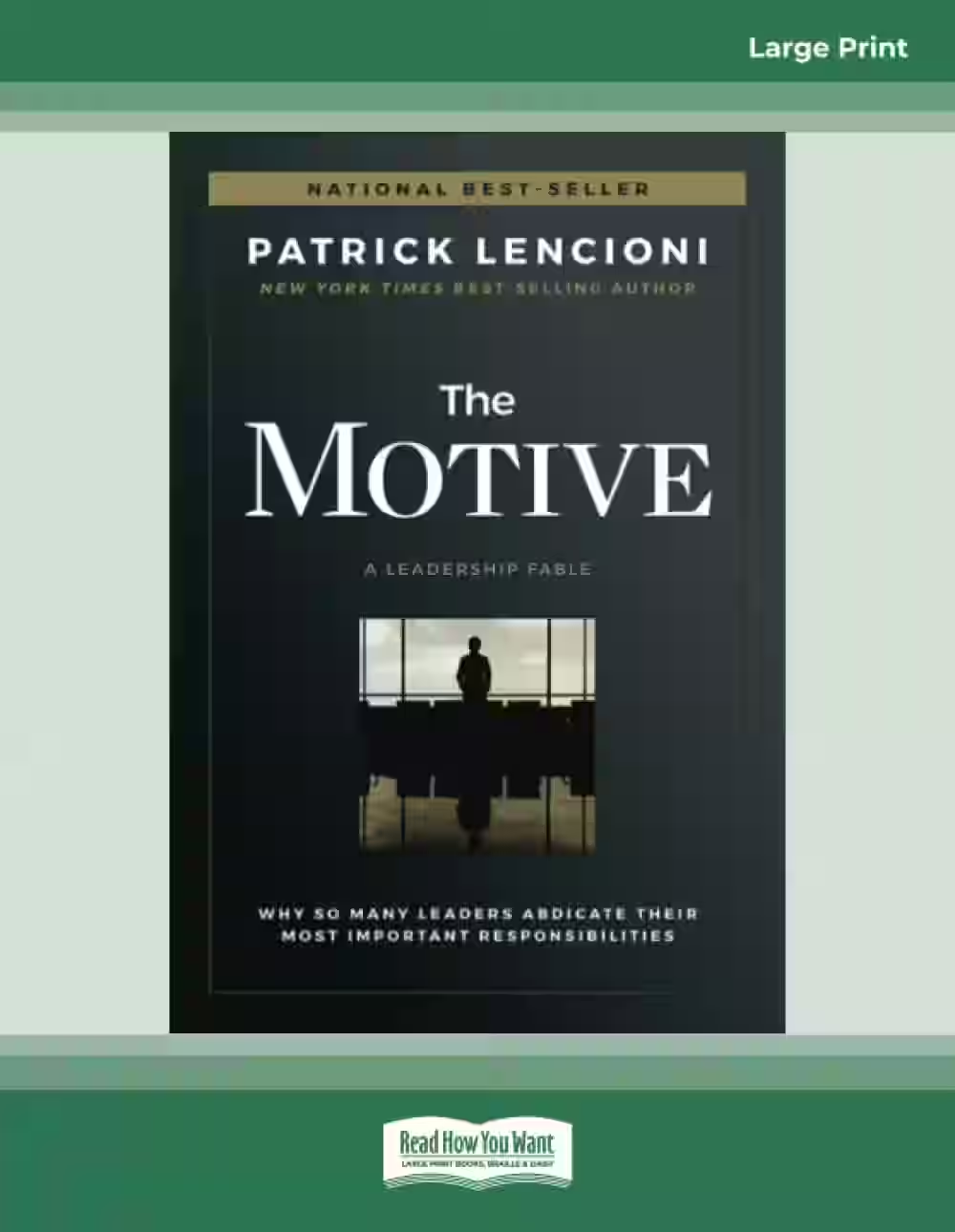
The Motive: Why So Many Leaders Abdicate Their Most Important Responsibilities
In 'The Motive: Why So Many Leaders Abdicate Their Most Important Responsibilities,' Patrick Lencioni delves into the high-stakes world of leadership and explores the reasons behind leaders failing to prioritize their responsibilities effectively. Through a compelling narrative, Lencioni unpacks the true motive that drives leaders, emphasizing the crucial distinction between leading for self-interest and leading for the collective good. With insightful anecdotes and practical advice, the author challenges conventional notions of leadership and prompts readers to reflect on their own motives. This book serves as a wake-up call for leaders at all levels, urging them to reassess their priorities and align their actions with the true essence of leadership.
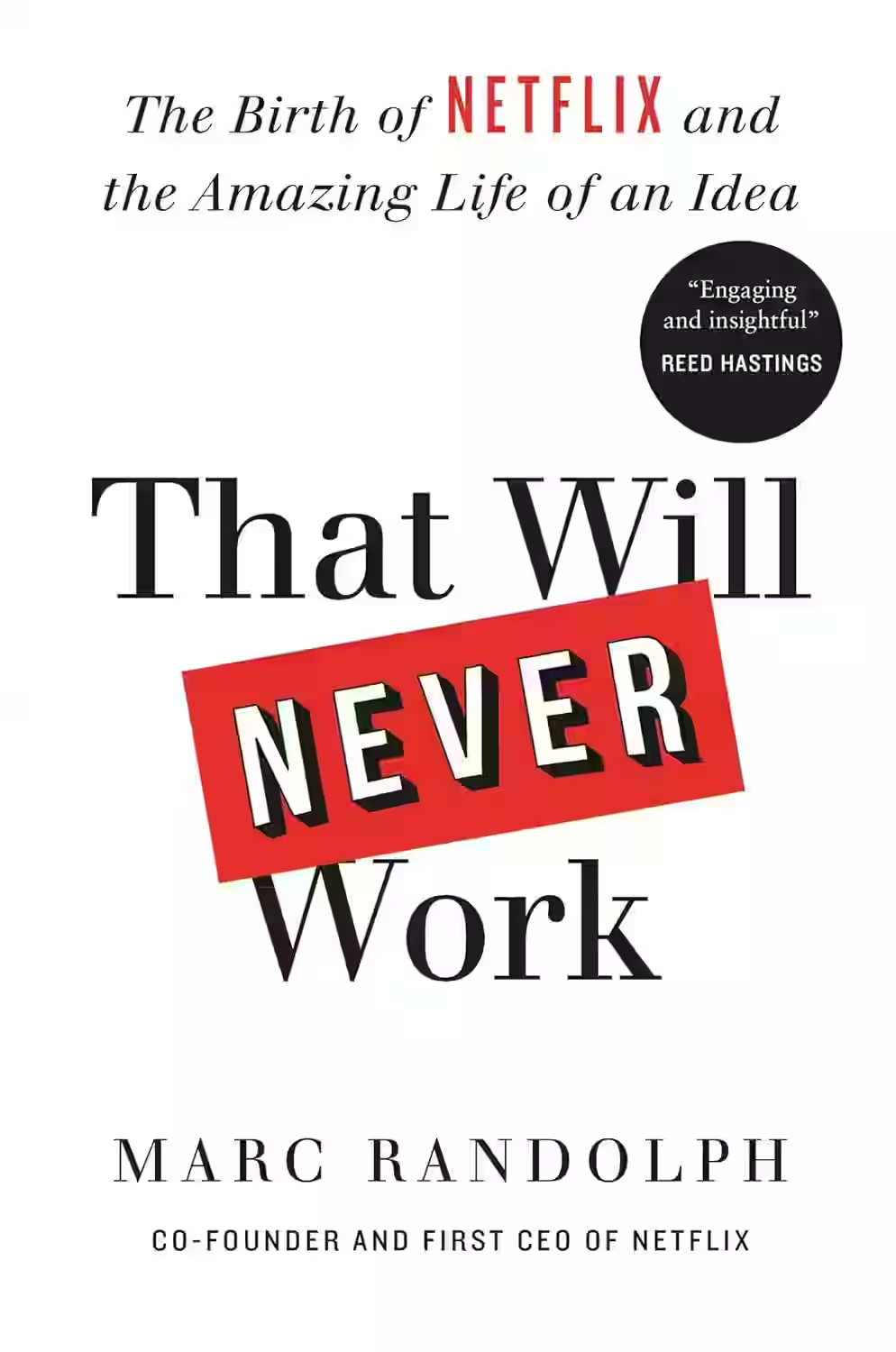
That Will Never Work
Netflix co-founder Marc Randolph offers an insider’s look at the early days of one of the most disruptive companies in tech. That Will Never Work chronicles Netflix’s origin story—from mailing DVDs to becoming a global streaming giant—highlighting the challenges, risks, and serendipity involved. With candid anecdotes and entrepreneurial insights, Randolph shares the ups and downs of startup life, the power of persistence, and the importance of listening to customers. It’s an engaging, motivational memoir that offers valuable lessons for anyone starting a business or chasing a big idea.
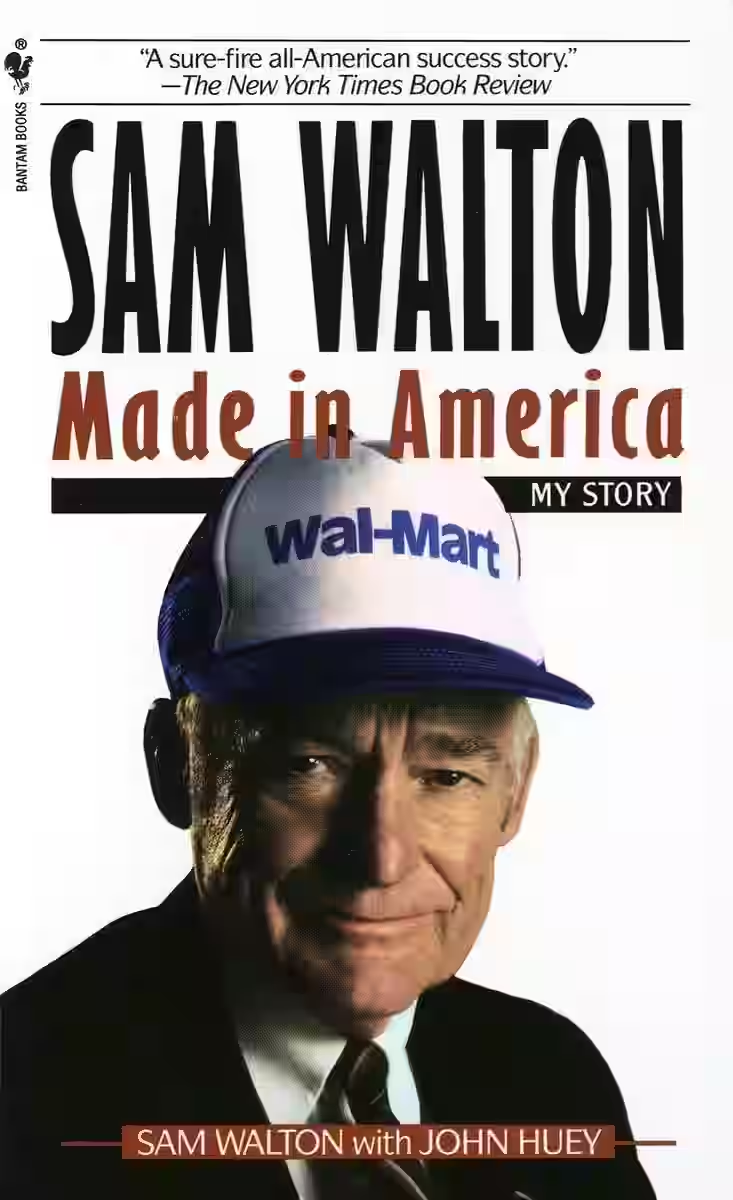
Sam Walton: Made in America
In Made in America, Walmart founder Sam Walton shares the story of building the world’s largest retail empire from a single store in Arkansas. Written in Walton’s own words, the memoir reveals his relentless work ethic, frugality, and obsession with customer satisfaction. He reflects on the principles that drove Walmart’s success, including employee empowerment, aggressive expansion, and constant innovation. Candid and down-to-earth, the book also touches on mistakes and challenges. Beyond a business biography, Made in America is an inspiring account of entrepreneurial vision, small-town values, and the competitive drive that revolutionized American retail.
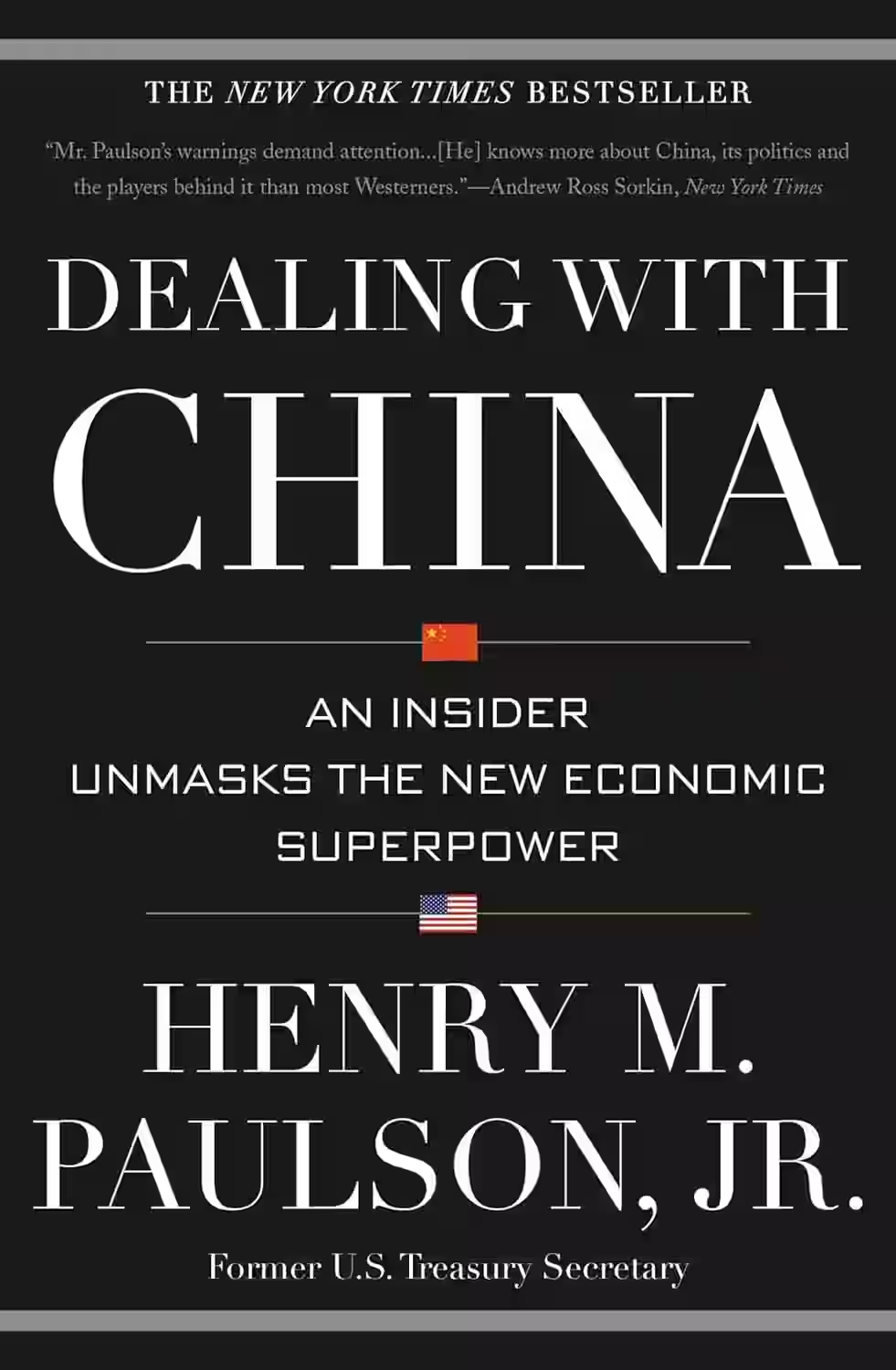
Dealing with China
Former U.S. Treasury Secretary Henry Paulson offers an insider’s perspective on China’s economic transformation and its complex relationship with the United States. Drawing on his years of engagement with Chinese leaders as a top executive at Goldman Sachs and a U.S. policymaker, Paulson charts China’s rise, challenges, and ambitions. He candidly addresses issues like financial reform, environmental policy, and the shifting global power balance. Dealing with China is both a memoir and a strategic guide, offering practical insights for navigating U.S.–China relations in an increasingly interconnected world. It’s essential reading for policymakers, investors, and global thinkers.
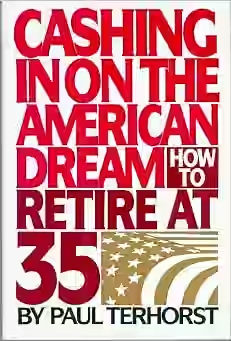
Cashing in on the American Dream
In 'Cashing in on the American Dream' by Paul Terhorst, the author challenges the conventional idea of working endlessly to retire comfortably in old age. Terhorst encourages readers to question the prevailing norms of the American Dream and instead opt for a simpler, more fulfilling life by retiring early. Through personal anecdotes and practical financial advice, Terhorst presents a roadmap for achieving financial independence and living life on one's own terms. The book delves into themes of frugality, minimalism, and mindful spending, emphasizing the importance of valuing experiences over material possessions. 'Cashing in on the American Dream' inspires readers to reassess their priorities and strive for a more meaningful existence.
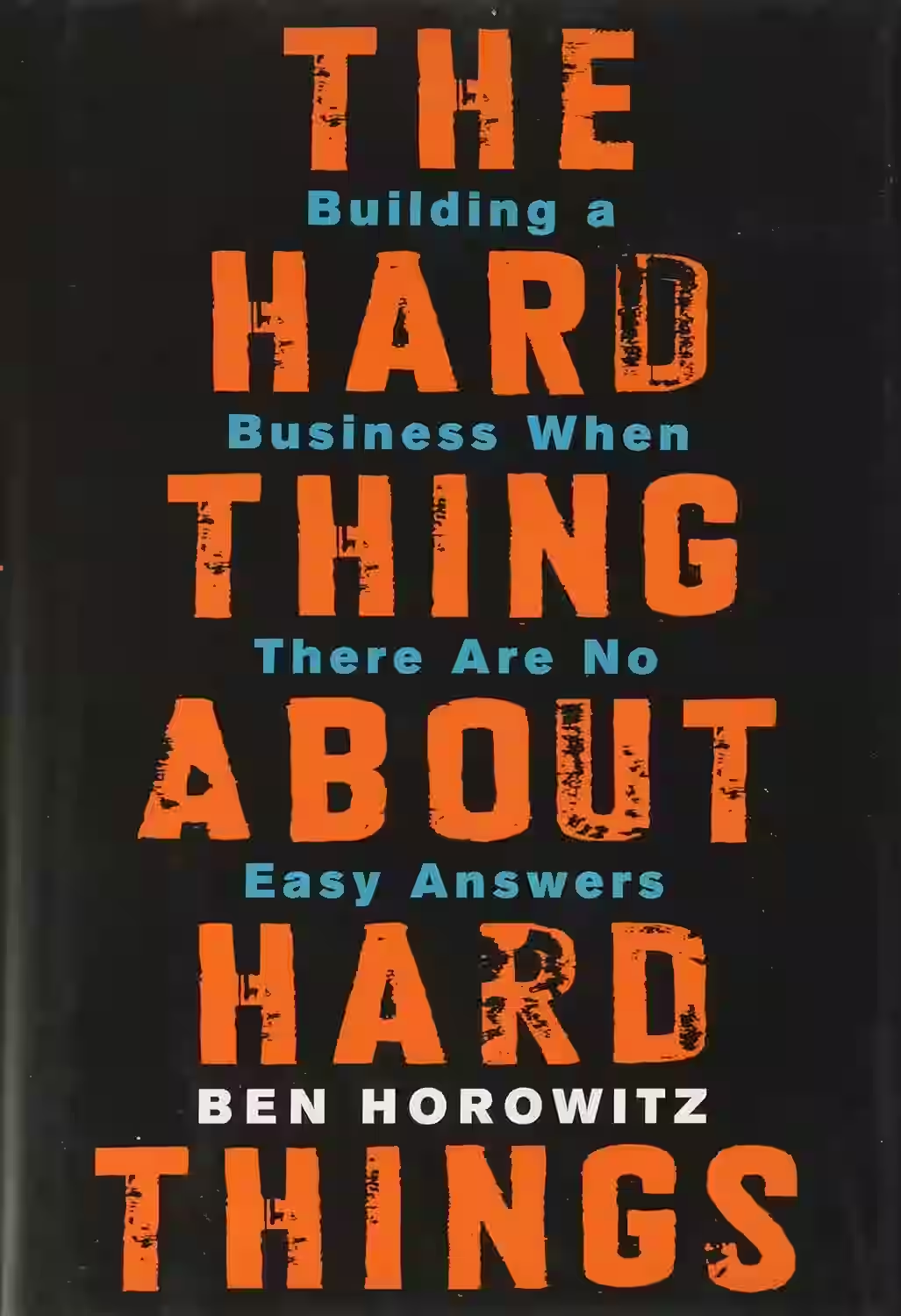
The Hard Thing About Hard Things
by Ben Horowitz
Ben Horowitz delivers a brutally honest, no-nonsense account of what it truly takes to build and run a startup. Drawing from his own experience as co-founder of Andreessen Horowitz and CEO of Opsware, Horowitz outlines the often-overlooked struggles: firing friends, managing morale, surviving downturns, and making impossible decisions. Rather than generic leadership tips, he offers hard-earned wisdom on navigating chaos and building a strong, resilient company. Larry Page praised the book for its candor and realism. It’s an essential read for entrepreneurs, CEOs, and managers who want insight into the harsh realities of leadership and long-term survival.
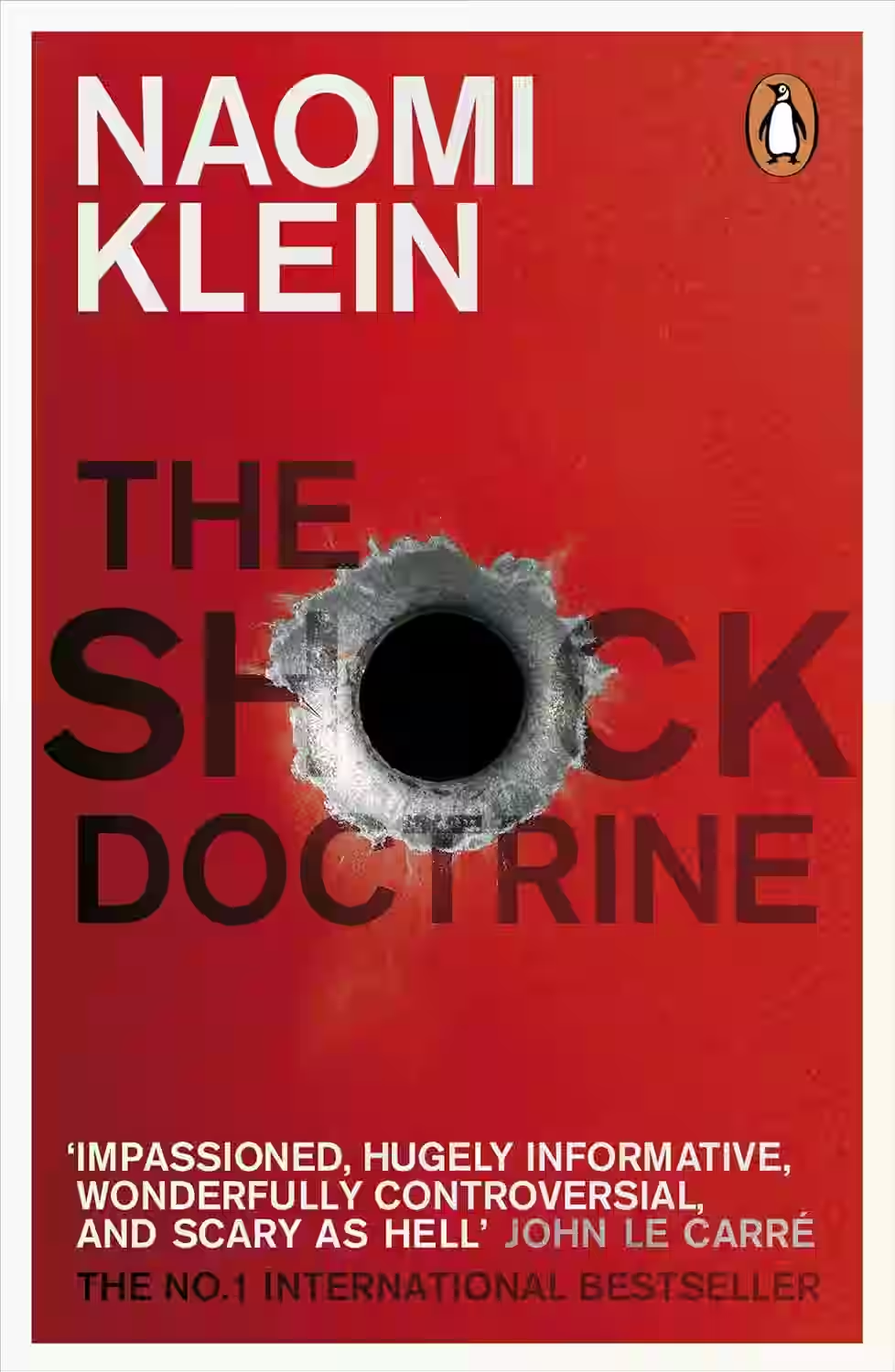
The Shock Doctrine
by Naomi Klein
Naomi Klein's 'The Shock Doctrine' is a thought-provoking and eye-opening exploration of the impact of disaster capitalism on societies worldwide. Through meticulous research and compelling analysis, Klein unveils a pattern where economic elites exploit moments of crisis to push through radical free-market policies, dismantling social structures and widening economic inequality. She takes readers on a journey through various historical and contemporary examples, from Pinochet's Chile to post-Katrina New Orleans, illustrating how this 'shock doctrine' perpetuates a cycle of exploitation and suffering. Klein's narrative is both enlightening and unsettling, urging readers to question the intersection of capitalism and disaster response.
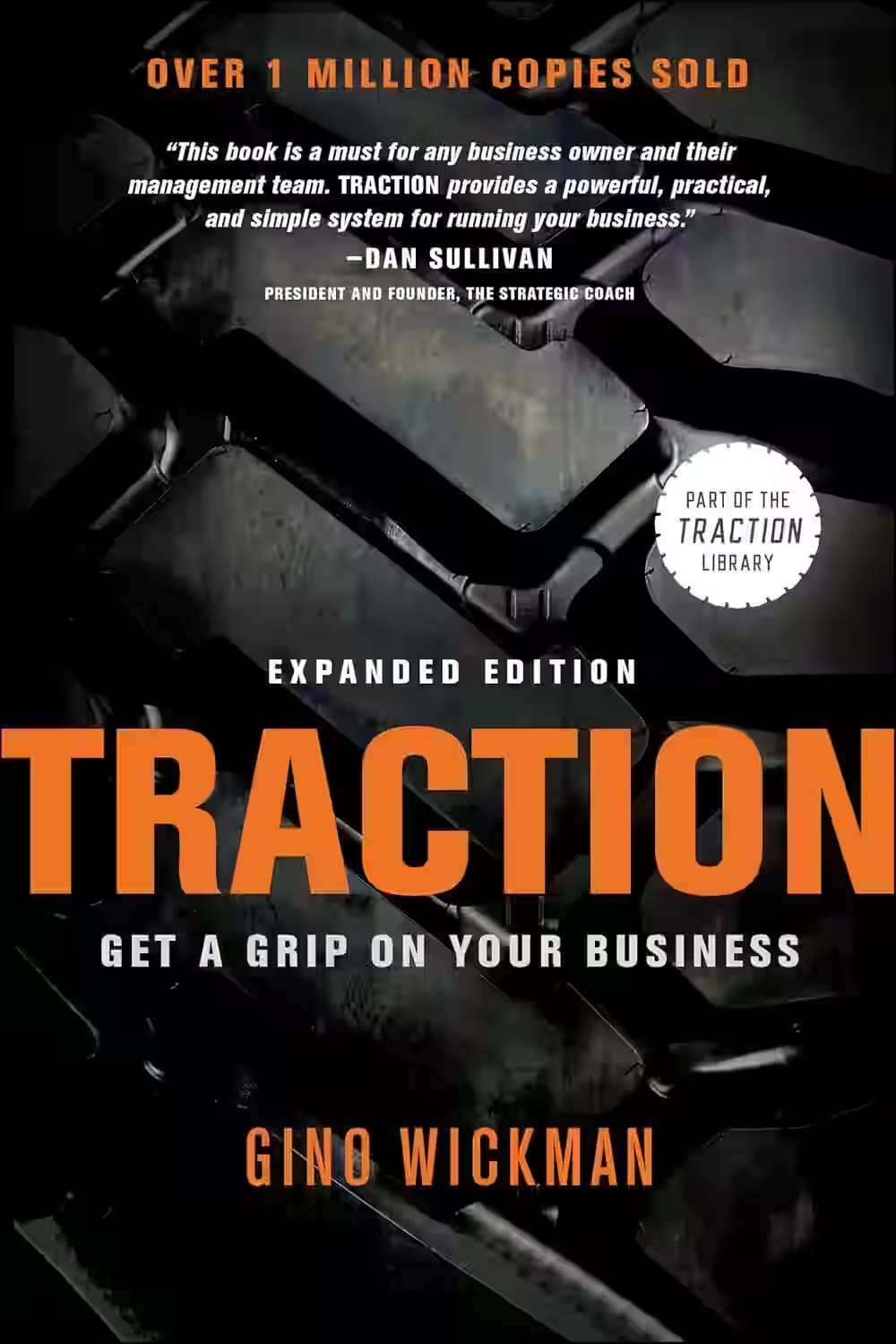
Traction
by Gino Wickman
Do you have a grip on your business, or does your business have a grip on you? All entrepreneurs and business leaders face similar frustrations—personnel conflict, profit woes, and inadequate growth. Decisions never seem to get made, or, once made, fail to be properly implemented. But there is a solution. It's not complicated or theoretical.The Entrepreneurial Operating System® is a practical method for achieving the business success you have always envisioned. More than 80,000 companies have discovered what EOS can do. In Traction, you'll learn the secrets of strengthening the six key components of your business. You'll discover simple yet powerful ways to run your company that will give you and your leadership team more focus, more growth, and more enjoyment. Successful companies are applying Traction every day to run profitable, frustration-free businesses—and you can too.
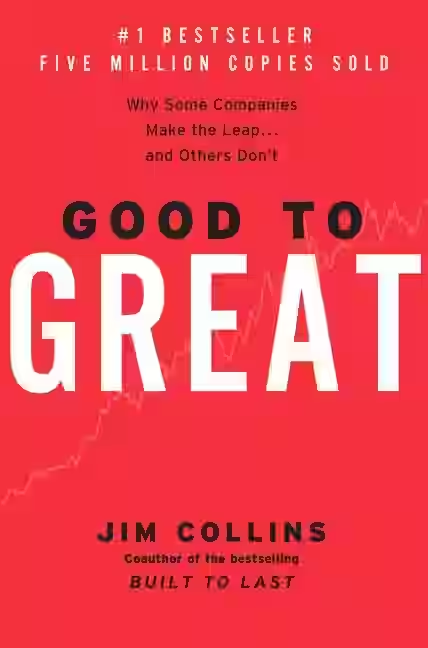
Good to Great
by Jim Collins
In Good to Great, Jim Collins investigates why some companies make the leap from being merely good to truly great—and sustain that performance. Based on extensive data analysis and case studies, Collins identifies key factors behind this transformation, including disciplined people, thought, and action. Central concepts include the Hedgehog Concept, Level 5 Leadership, and the Flywheel Effect. The book argues that greatness comes from building a culture of excellence, facing brutal facts, and staying focused on long-term goals. Insightful and accessible, Good to Great is widely considered essential reading for leaders aiming to build high-performing, resilient organizations.
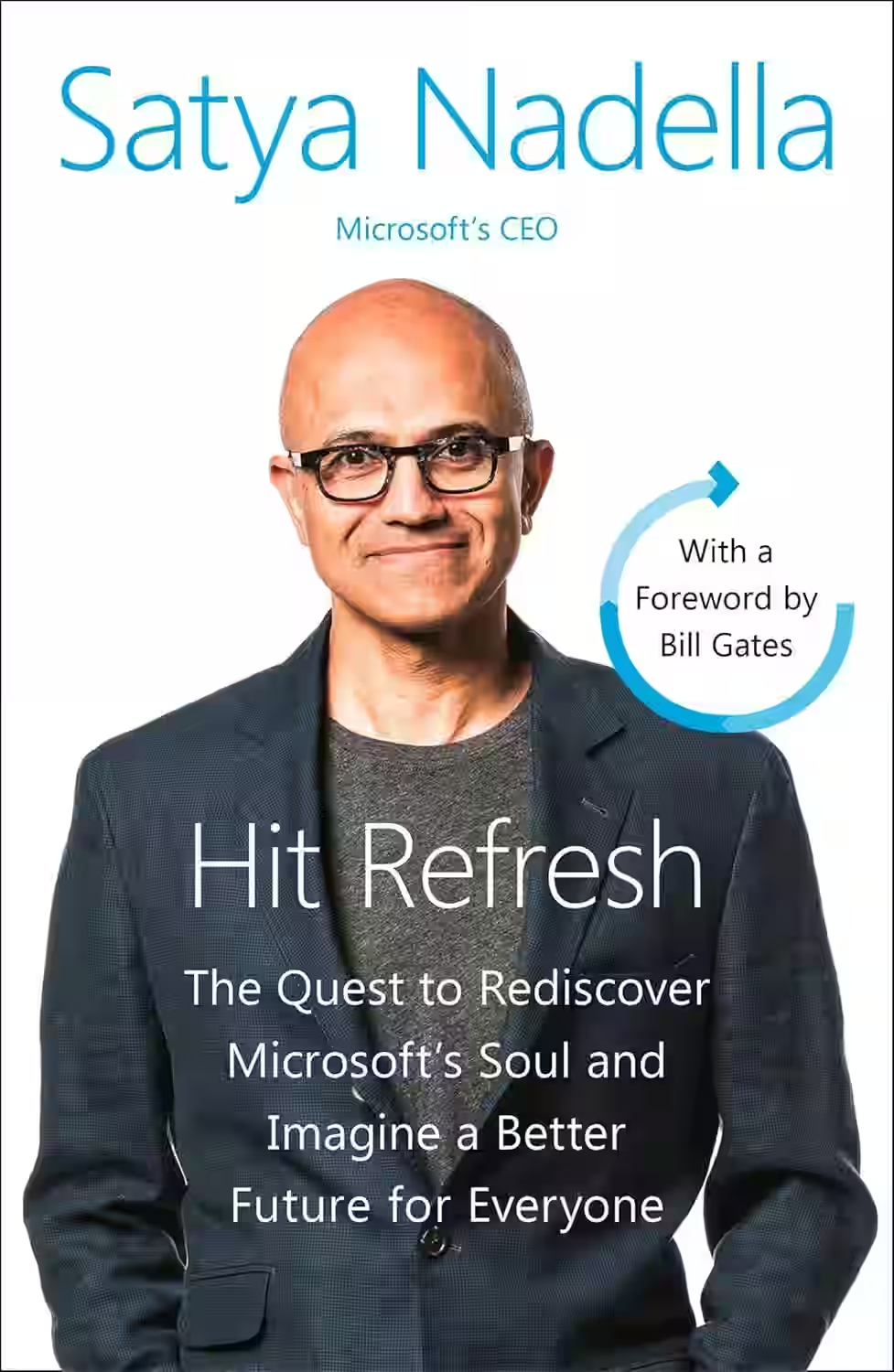
Hit Refresh
In 'Hit Refresh' by Satya Nadella, the CEO of Microsoft takes readers on a compelling journey of self-discovery, leadership, and the transformation of a tech giant. Through insightful reflections on his personal experiences and the challenges faced by Microsoft, Nadella explores the importance of empathy, growth mindset, and the need for continuous innovation in a rapidly evolving digital landscape. The book offers a refreshing perspective on the role of technology in shaping our future and emphasizes the human side of leadership. 'Hit Refresh' is a thought-provoking read that inspires readers to embrace change and drive positive impact in both their personal and professional lives.
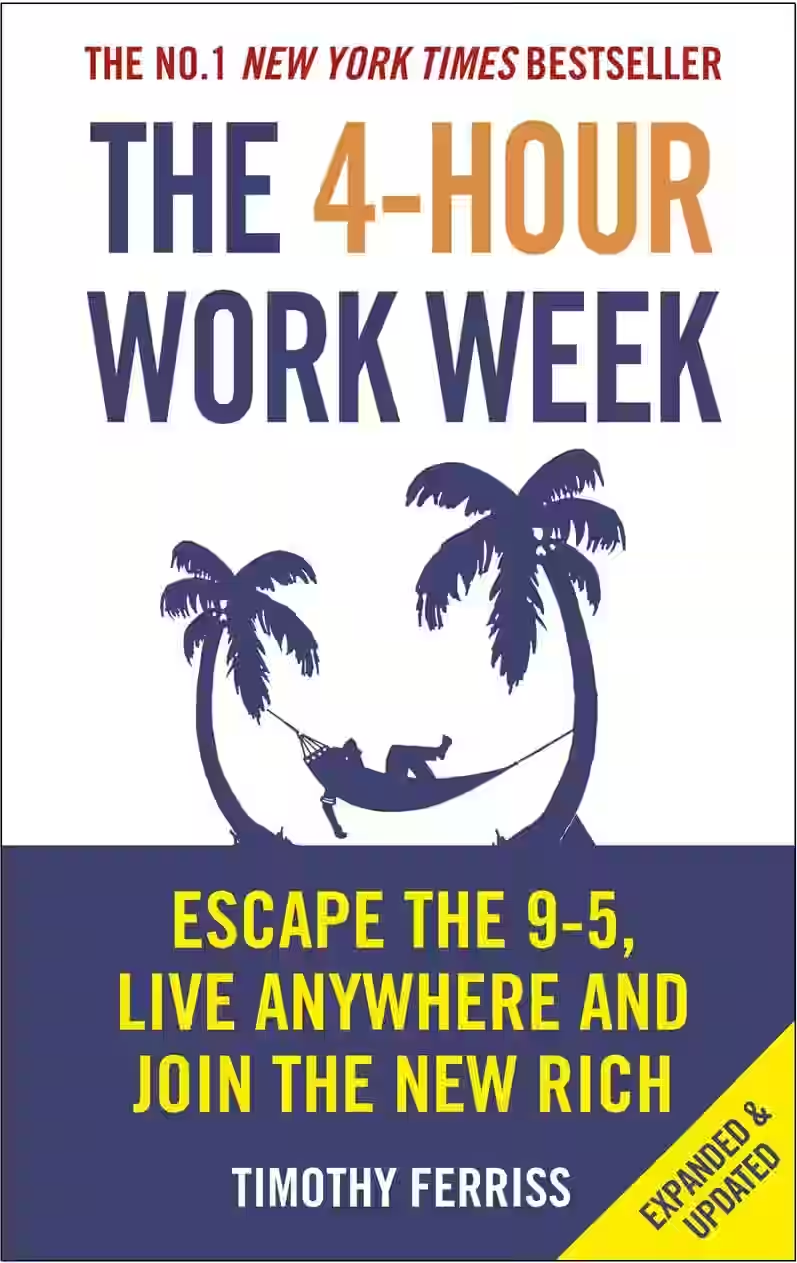
The 4-Hour Work Week
In Timothy Ferriss' 'The 4-Hour Work Week,' readers are introduced to a groundbreaking perspective on achieving financial freedom and reclaiming one's time. Ferriss challenges the traditional notions of work and productivity, emphasizing the importance of efficiency and outsourcing. Through real-world examples and actionable strategies, he guides readers on how to streamline their work, create automated income streams, and design a life of their choosing. This book not only offers practical tips on remote work and lifestyle design but also prompts readers to question societal norms around work and success. 'The 4-Hour Work Week' is a transformative read that inspires readers to redefine their approach to work and life.
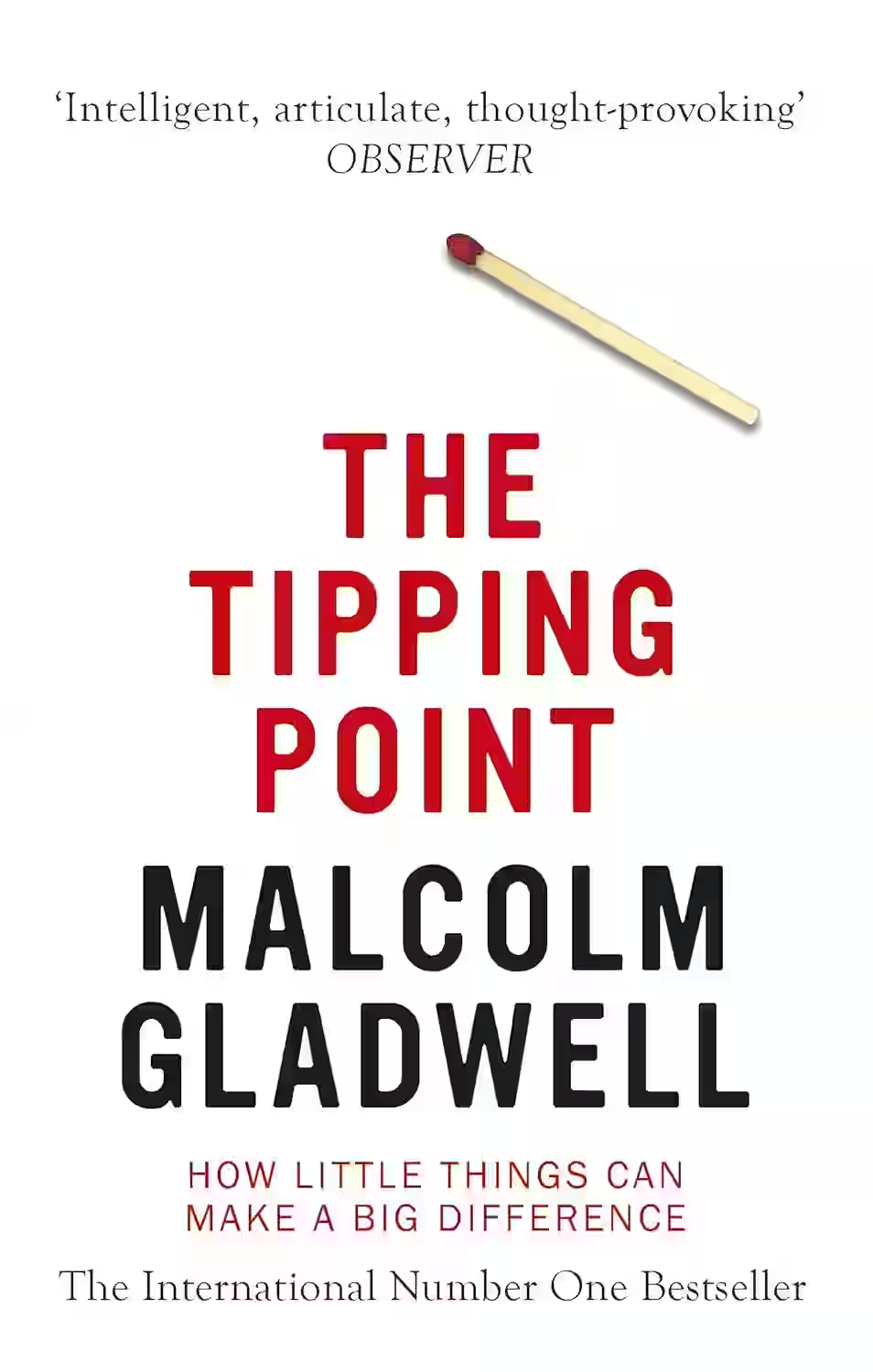
The Tipping Point: How Little Things Can Make a Big Difference
Malcolm Gladwell's 'The Tipping Point' delves into the fascinating concept of how small actions can lead to significant societal changes. Through compelling anecdotes and thorough research, Gladwell explores the tipping point phenomenon, where ideas, trends, and behaviors suddenly reach a critical mass and spread rapidly. He identifies key factors such as the Law of the Few, the Stickiness Factor, and the Power of Context that contribute to these tipping points. By examining real-world examples like the sudden popularity of Hush Puppies shoes, Gladwell offers thought-provoking insights into social epidemics and how individuals can leverage these tipping points for positive change.